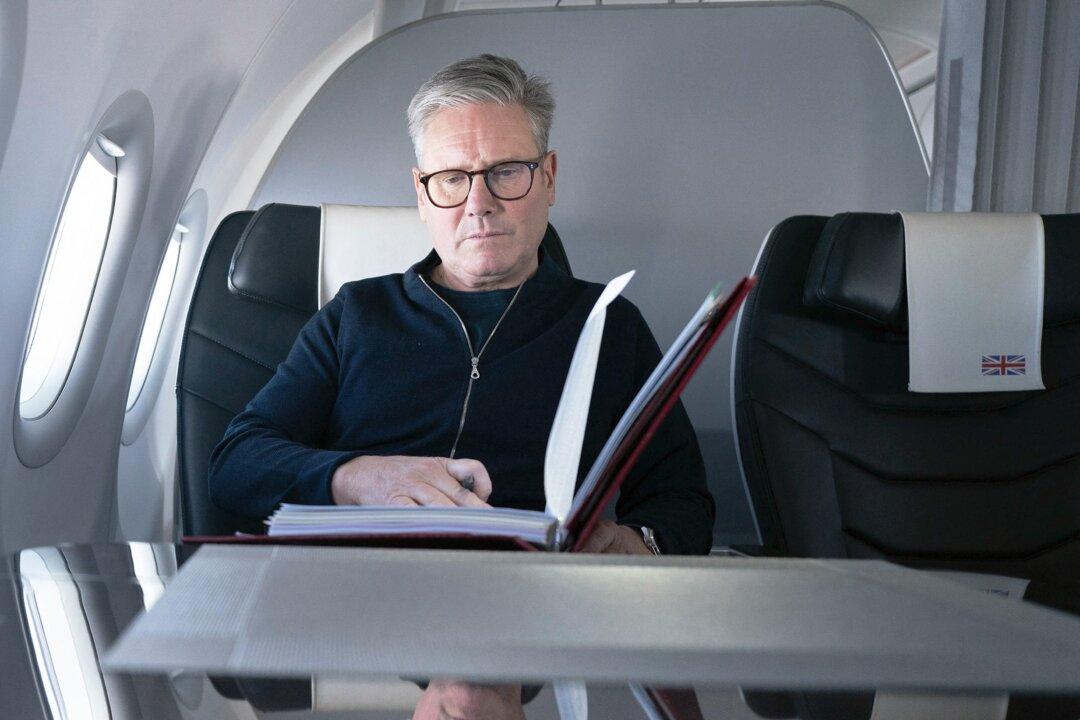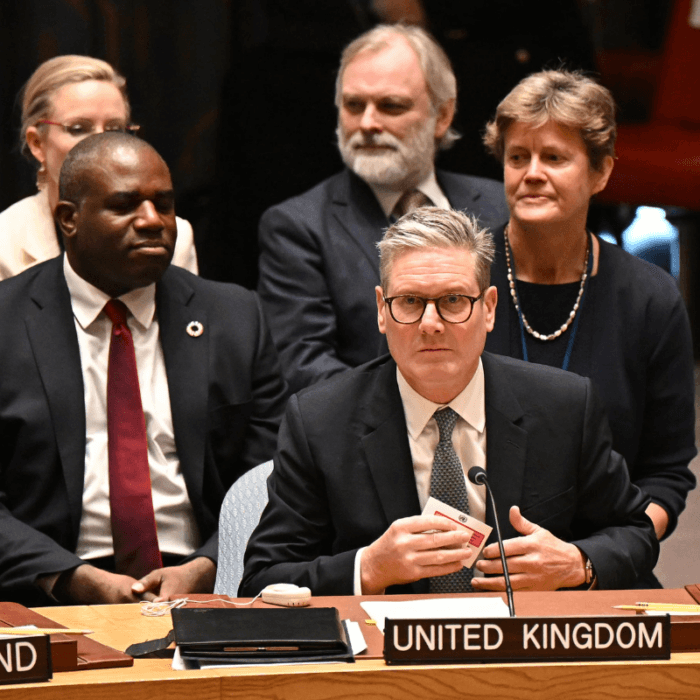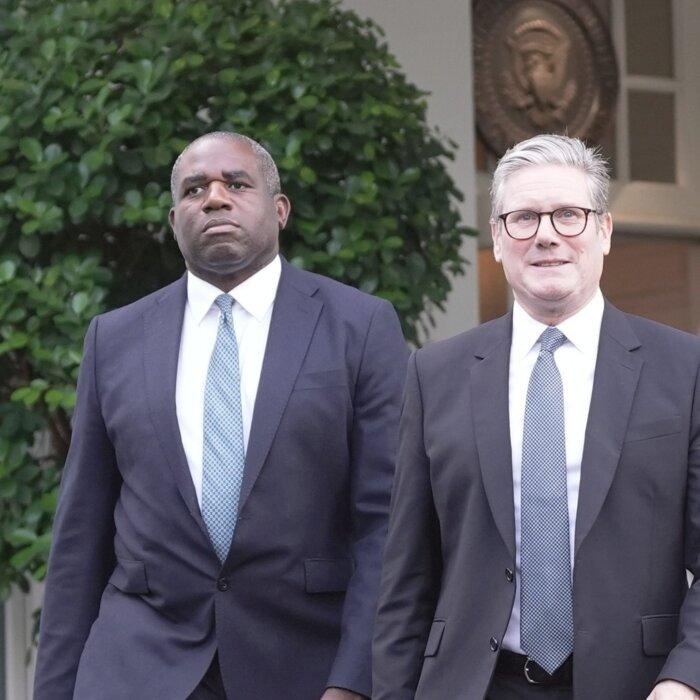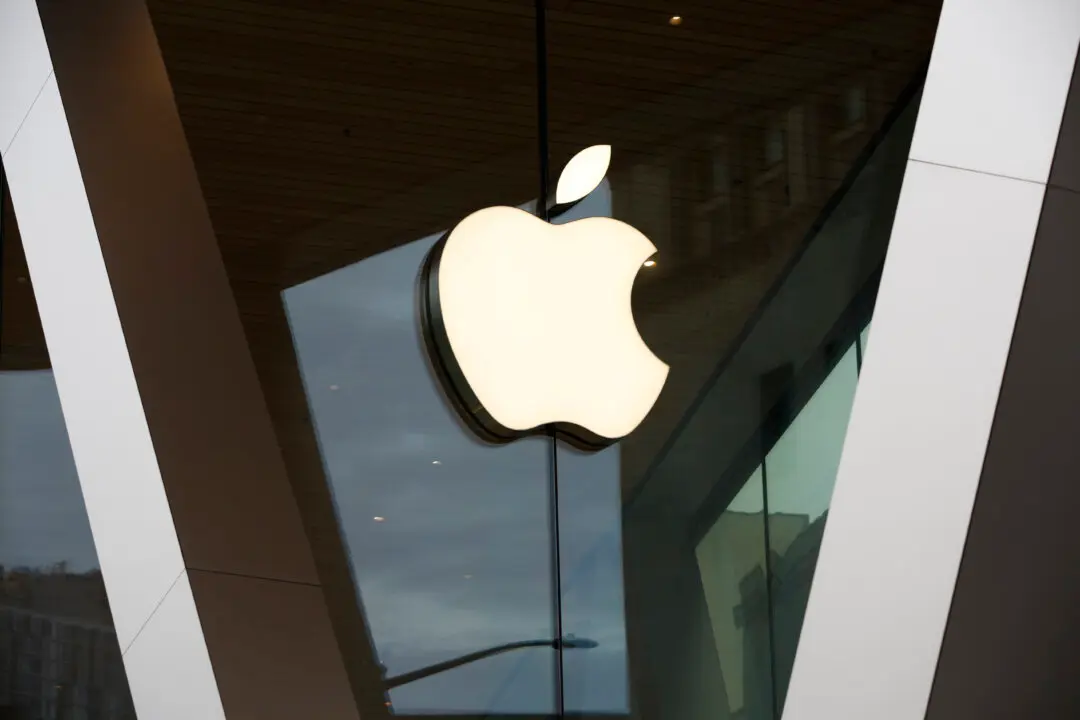Prime Minister Sir Keir Starmer has said he will push for “pragmatic” discussions with China ahead of meeting with the country’s leader Xi Jinping at the G20 summit in Brazil on Monday.
Starmer will hold a bilateral meeting with the Chinese leader—the first of any UK prime minister in six years—as the government seeks “sensible and pragmatic engagement” rooted in the UK’s national interests.
Britain will engage in discussions on international stability, climate, and growth, which the government described in a statement as clear areas of mutual cooperation.
In the meeting, Starmer will prioritise British interests, particularly growth and trade, even if it means “being frank with those whose values differ from our own.”
“I am planning to have a bilateral with President Xi at the G20. I think that’s important. We are both global players, global powers, both permanent members of the Security Council and of the G20,” Starmer said.
The annual summit is taking place as the national leaders await the arrival of President-elect Donald Trump to the White House.
Rocky Relationship
Despite mutual economic interests, the UK–China relationship has deteriorated in recent years.Concerns among MPs include China’s activities in the Taiwan Strait, in the former British colony of Hong Kong, and in UK universities, as well as its backing of Russia in the Ukraine conflict.
Foreign Secretary David Lammy, who previously described the country’s treatment of Uyghurs as a “genocide,” is under pressure from across the political spectrum and from human rights groups to display a tough stance on the issues.
“This is very sad. Those suffering genocide and slave labour under the brutal hands of Xi will feel betrayed. Starmer will be seen as weak by Xi who will see him as coming to him in a ‘kowtow’ begging for trade,” Duncan Smith told the Daily Mail.
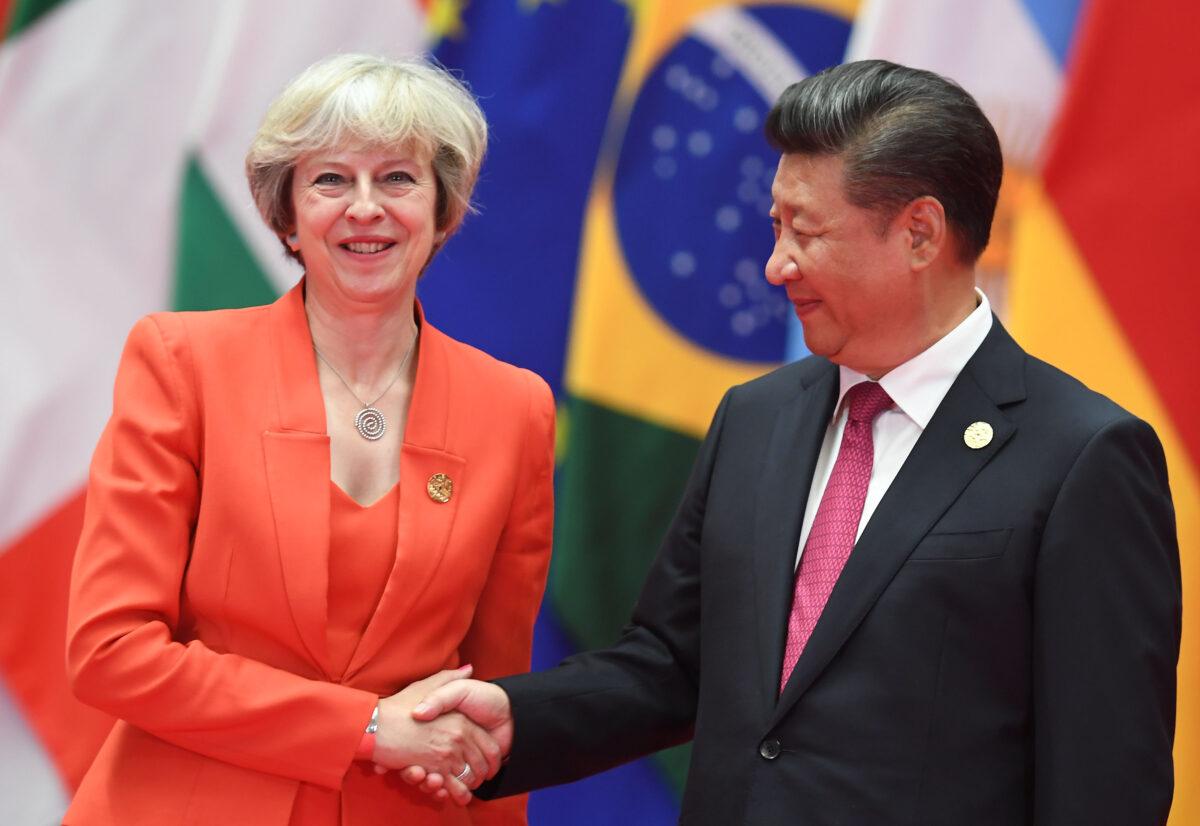
Campaign group Amnesty International UK urged the government to raise the case of Jimmy Lai, the pro-democracy activist and British national imprisoned in Hong Kong.
“The appalling state of human rights across China must be top of the agenda, including raising alarm about the industrial-scale repression of ethnic minorities in Xinjiang and Tibet, the crushing of press freedom and hounding of activists and critics in Hong Kong and China.
“Prime Minister Starmer must also be clear that China’s campaign of terrorising students and campaigners here in the UK will not be tolerated,” said Amnesty International UK Chief Executive Sacha Deshmukh.
The last British prime minister to meet Xi was Theresa May, when she visited China in February 2018 and hailed a “golden era” for UK–China relations.
Since then, the Conservative leadership has been critical of China’s human rights record, with the relationship becoming more strained.
In October, former Prime Minister Rishi Sunak pressed Starmer on whether he was prepared to sanction China for selling weapons to Russia, accusing Beijing of being “decisive enablers” of the military action against Ukraine. Starmer replied that he would be prepared to take action on the issue.
During Lammy’s two-day visit to China in October, the Foreign Office said that Britain will reengage with China to support UK interests.
“This will come with a firm recognition that the UK and China will not, and do not, always agree.
“We have significant differences including on democratic values and freedoms, Hong Kong and support for Russia’s illegal war in Ukraine, but we also have shared interests, including a global green energy transition, and deep economic links, with China including Hong Kong the UK’s fourth largest trading partner,” the Foreign Office added in a statement.
